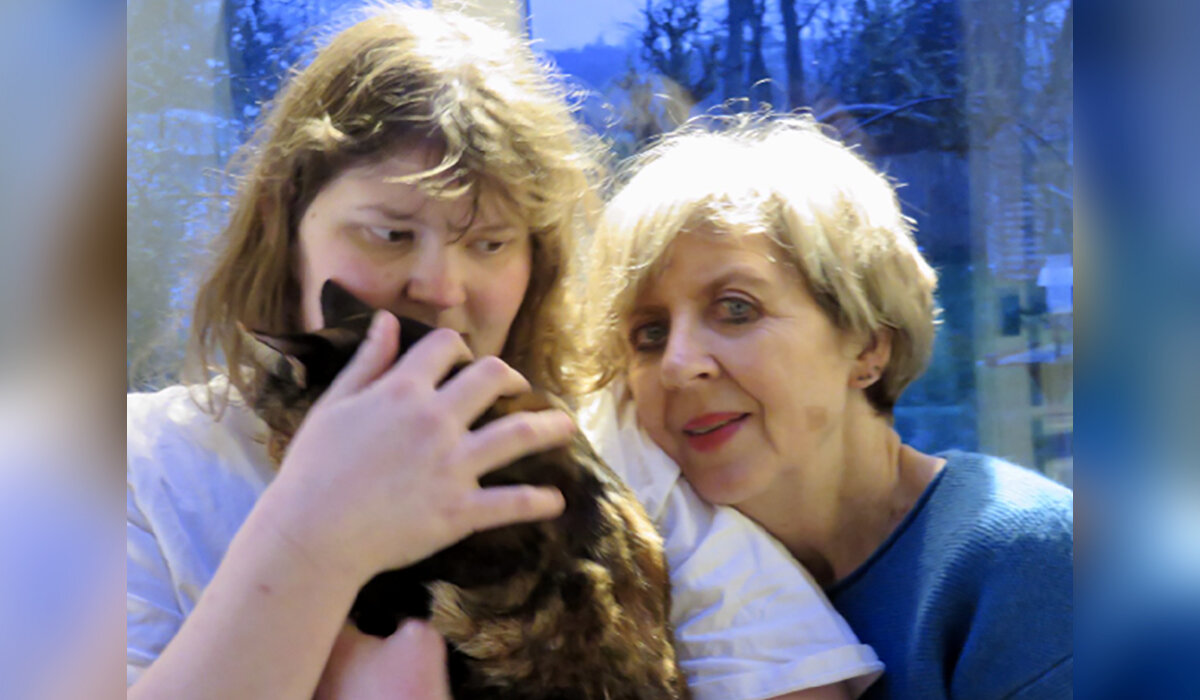Family relationships - a guide for parents and carers
Having your child diagnosed as autistic can be a very emotional and uncertain time for parents, even if you have been seeking a diagnosis for a while. As a parent or guardian, it is likely that you will want to better understand your child’s diagnosis and how you can help them.
To support you with this, we’ve put together a selection of resources on behaviour and support strategies, friendships, education and employment.
Support strategies
You know your child better than anyone else, but you might still be unsure how to help them with things like:
-
sensory overload
-
a need for an intense interest, repetition and routine
-
problems with communicating
-
avoiding crisis or meltdowns.
There are many things that you can do to help your child. These include: thinking about their environment and surroundings, adjusting how you communicate with them, and helping them to prepare for change.
Friendships
Autistic people can have problems making and keeping friends. This could be for any number of reasons. Your child may find it difficult to read social cues and interpret body language. They may not always communicate in a traditional way. Trying to understand how others communicate and behave can be very stressful for autistic children.
You may want to try joining a National Autistic Society local branch or searching our Autism Services Directory for opportunities for them to meet with other autistic children or adults. We also offer an e befriending service.
Education
Your autistic child may be described as having special educational or additional support needs. This could be academic, social or both. You may have concerns about:
-
getting them extra help in school, college or university
-
bullying
-
difficulties during lunch and break times
-
homework.
Read more about education and transition.
Employment and adult life
If you are a parent to an autistic adult, you may want to help them with:
-
finding work
-
pursuing further education
-
managing their money
-
community care arrangements
-
understanding how to advocate for themselves
-
benefits and entitlements.
Read more about employment and support after diagnosis.
Grandparents
As a grandparent of an autistic person, you may find that you need to support your child with their family life. You may be the one that notices your grandchild isn’t developing typically, and be the first to broach the subject of autism.
You can help by learning more about autism and having your autistic grandchild to stay with you. Or, you could have their siblings to stay with you.
If you are unable to do this, your grandchild may just appreciate someone to talk to.
Your next steps
-
Find out more about what help and support is available and search our Autism Services Directory
-
Talk about your experience with another parent using our emotional support service Parent to Parent Helpline
- Download our 'My child is autistic' card.










